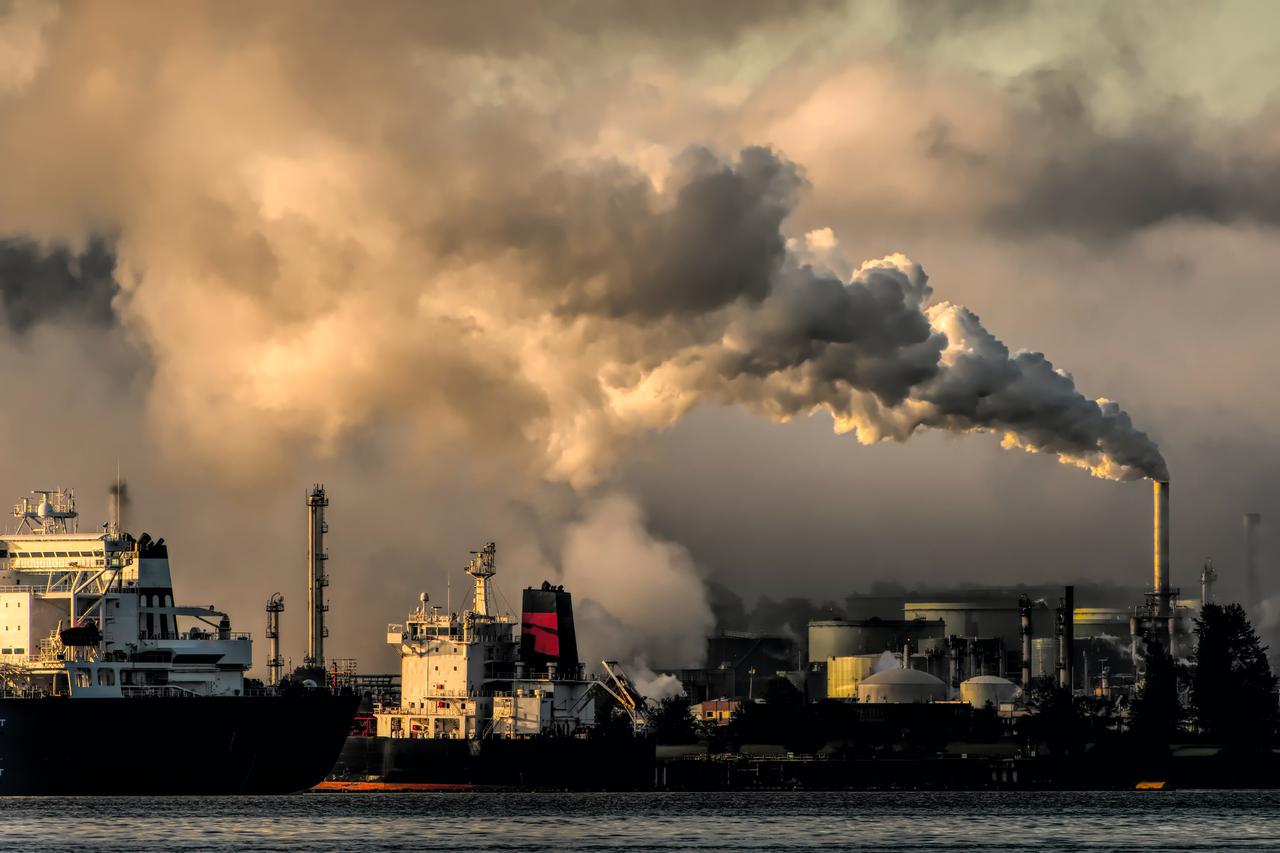It’s no secret that plastic waste has become a popular point of concern when it comes to the impact of human activities on the environment. Discarded plastic products have been demonstrated by countless videos, photos, and more as having a destructive effect on both natural environments and the animals living in them.
What most people might not be fully aware of is where this negative environmental impact truly starts: the manufacturing stage.
Is this enough to justify plastic products being entirely villainized? Not quite. New techniques and practices in both manufacturing and the reuse of plastic products have been developed to curb these troublesome effects.
At Becher Plastics, we aren’t counting out the viability of plastics as a resource just yet, but we recognize the importance of moving forward with manufacturing in a way that keeps our environment safe and healthy.
That’s why one of our areas of focus is carbon footprint analysis in plastics manufacturing, a practice which has led us to some of the general findings you’ll read in the article below.
As mentioned in this article from NPR, one of the biggest elements of plastic’s carbon footprint is the manufacturing stage itself. Part of this comes from the fossil fuels involved with making it, but a large part of it also involves the actual plastic materials created.
Certain materials aren’t as reusable as others, causing those materials to contribute more plastic waste that may go toward a use like being burned for electricity, contributing significantly to greenhouse gas emissions. Alternatively, less recyclable plastics might become litter in streets and the natural habitats of animals. They can get tangled or caught in some of this plastic litter, harming them physically.
With all types of plastics manufacturing contributing to carbon emissions in some way, and with no viable alternative for many of the products plastic is used to manufacture, what’s the best way forward to curb some of the significant environmental effects plastic is associated with?
Placing greater focus on manufacturing with plastics that are more reusable and about as effective for the same products as other, less recyclable plastics may make a substantial difference on its own. In fact, manufacturing with recyclable plastics can reduce energy consumption by as much as 66%, going quite a long way toward reducing the carbon footprint associated with plastics manufacturing.
There are a few different kinds of plastics that are ideal for recycling and reuse in manufacturing other plastic products. In fact, we’ve written about these materials before on our blog. To quickly summarize, though, these materials include:

Work with Becher Plastics for expert carbon footprint analysis in plastics manufacturing
Are you looking to continue your plastics production in a more environmentally-friendly way? We’re here to help. Give us a call at 920-809-4778 or send a message through our contact form to learn more.